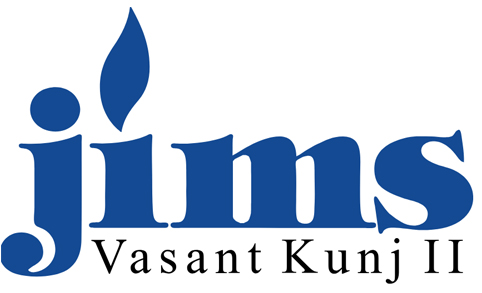Etiquette plays a pivotal role in the hospitality industry, where every interaction between staff and
guests contributes to the overall experience. From hotels and restaurants to resorts and cruise ships,
maintaining high standards of etiquette enhances customer satisfaction, loyalty, and the reputation of
the establishment. Here is an exploration of the role of etiquette in this dynamic industry.
- First Impressions and Guest Relations:
Etiquette sets the tone for first impressions. A warm welcome, genuine smile, and respectful demeanor
create a positive initial experience for guests. In hotels, for instance, front desk staff trained in etiquette
ensure guests feel valued and attended to from the moment they arrive. This initial interaction can
influences a guest’s perception of the entire stay. - Professionalism and Service Excellence:
Etiquette in the hospitality industry underscores professionalism. It encompasses aspects like effective
communication, attentiveness, and discretion. Polite language, active listening, and anticipating guest
needs are crucial. Proper etiquette ensures that interactions are smooth and service delivery is
impeccable, enhancing guest satisfaction. - Building Trust and Loyalty: Etiquette helps in building trust and fostering guest loyalty.
Guests appreciate consistent and respectful treatment throughout their stay or visit. When staff
members demonstrate good etiquette, they create a sense of reliability and trustworthiness.
Guests are more likely to return to an establishment where they have been treated with respect
and courtesy. Moreover, they are more inclined to recommend it to others, thereby contributing
to the establishment’s reputation and success. - Cultural Sensitivity and Adaptability: In the diverse landscape of hospitality, etiquette
includes understanding and respecting cultural differences. Guests from different cultural
backgrounds have varying expectations and norms. Etiquette training equips hospitality
professionals to navigate these differences sensitively and adapt their behavior accordingly. - Conflict Resolution and Handling Difficult Situations: Etiquette guides staff in handling
challenging situations with grace and professionalism. Whether addressing guest complaints,
managing conflicts between guests, or handling unforeseen issues, adhering to proper etiquette
ensures that resolutions are reached amicably and efficiently. - Team Cohesion and Workplace Culture: Etiquette extends beyond guest interactions to
include relationships among staff members. Respectful communication, collaboration, and
mutual support create a positive workplace culture. When employees uphold etiquette standards
within the team, they work more effectively together, which ultimately translates into better
service delivery and guest experiences. - Upholding Brand Reputation: Lastly, etiquette is integral to maintaining and enhancing an
establishment’s brand reputation. Consistently delivering exceptional service through proper
etiquette builds a positive reputation in the competitive hospitality industry. A strong reputation
attracts new guests and reinforces loyalty among existing ones, contributing to the overall
success and longevity of the business.
In conclusion, etiquette in the hospitality industry is not merely a set of rules but a fundamental
aspect of delivering exceptional guest experiences. It influences every interaction, from the first
impression to ongoing guest relations and contributes significantly to a positive brand image and
guest loyalty.
JIMS VK II provides you a platform such as this where you can enhance your knowledge after
taking admission in Hotel Management & make a great career in Hospitality & travel industry.
Submitted by Vaibhav Gaur, Assistant Professor, Department of Hotel Management.

